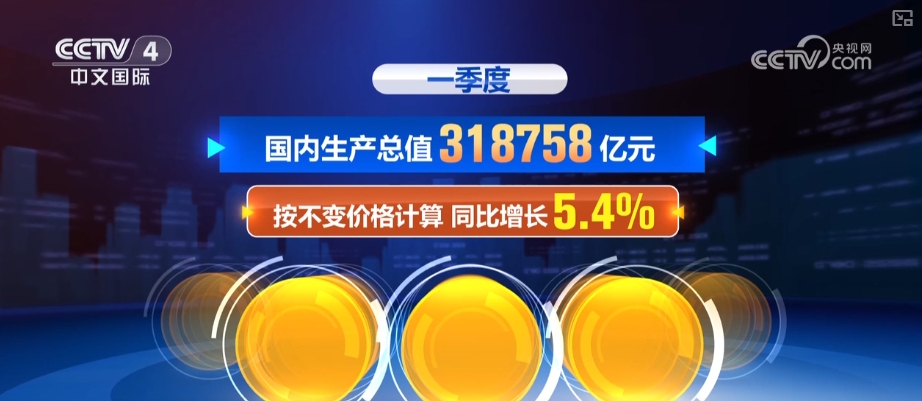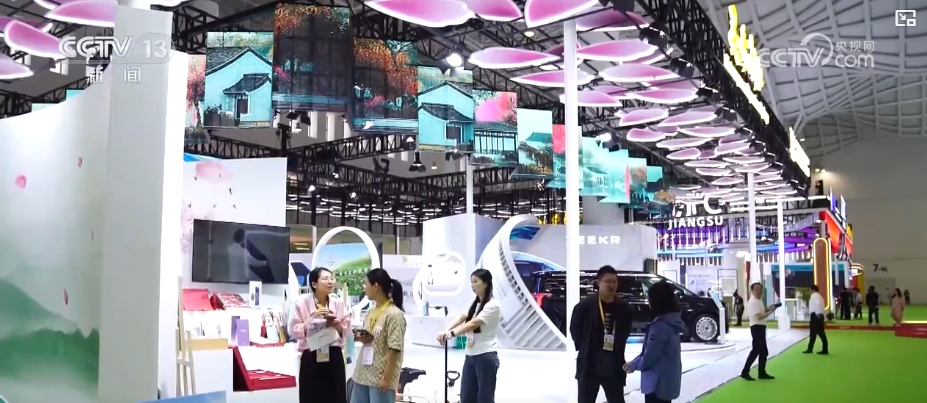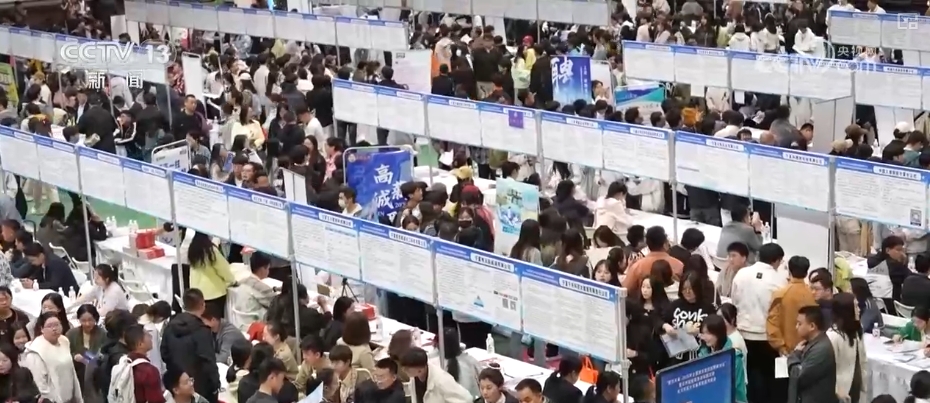CCTV News: On December 17, 2024, my country implemented 240-hour transit visa-free for personnel from 54 countries, and the number of applicable ports for policy increased from 39 to 60, the total number of applicable provinces increased from 19 to 24, and cross-regional access was implemented. The 240-hour transit visa-free policy has been implemented for nearly 4 months. What is the effect? A relevant person in charge of the State Immigration Administration introduced this.
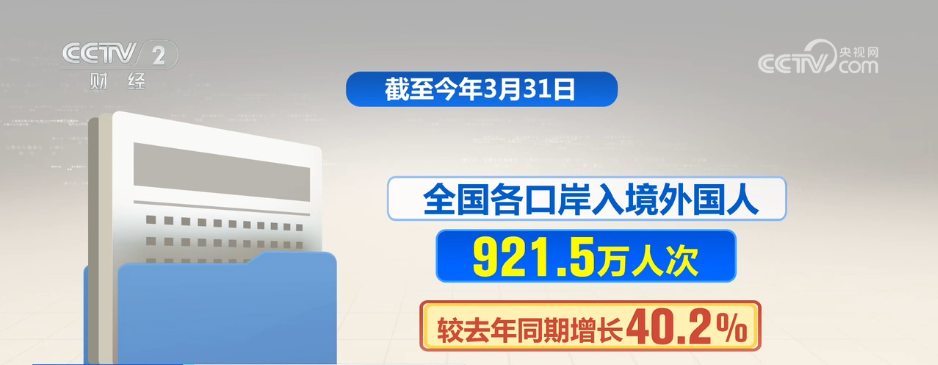
At the press conference, Lin Yongsheng, spokesperson of the State Immigration Administration, said that since the implementation of the 240-hour transit visa-free policy, it has driven a significant increase in foreign tourists to China. As of March 31 this year, 9.215 million foreigners entered the country at ports across the country, an increase of 40.2% over the same period last year; of which 6.57 million people entered the country without visa, accounting for 71.3%. At the same time, the 240-hour transit visa-free policy has also led to the continued popularity of inbound tourism.
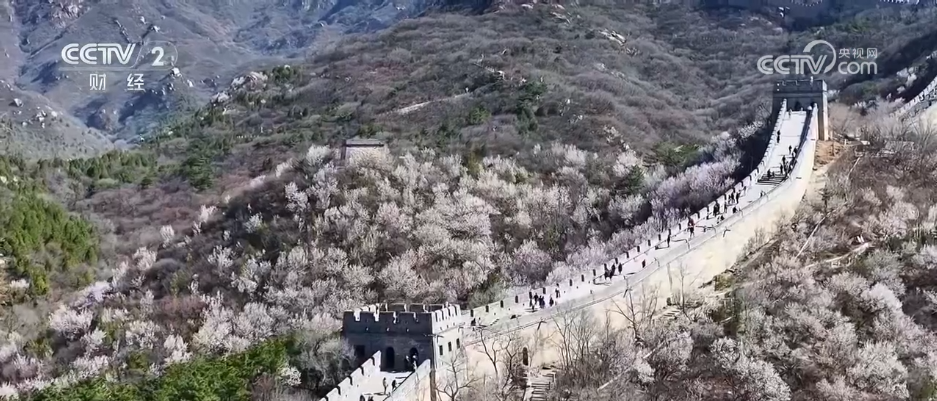
State Immigration Administration spokesperson Lin Yongsheng said that the transit visa-free policy provides longer stays and a larger scope of activities to meet the diverse needs of foreign tourists, including short-term tours of "coming to China after get off work on Friday" and in-depth tours across provinces and cities. According to statistics, nearly 60% of foreigners coming to China choose to travel across regions, which effectively drives the inbound tourism market to continue to heat up. Since the implementation of the policy, more than 100,000 inbound passenger flights have increased by nearly 10% month-on-month. The number of foreigners visiting cities such as Huangshan, Wuyishan, and Zhangjiajie has increased by 21.6% year-on-year. "China Travel" (China Travel) continues to be popular all over the world.
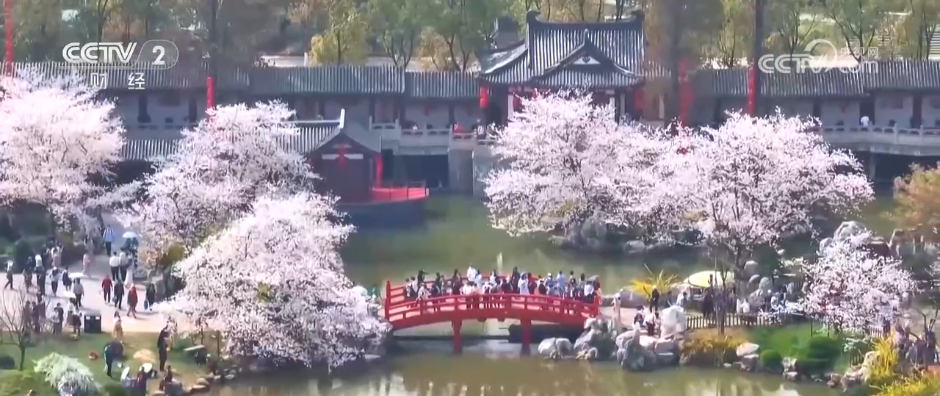
In the first quarter of this year, Guangxi and Yunnan achieved outstanding results in "cross-border tourism"
The reporter learned from the press conference of the State Immigration Administration on April 15 that the visa-free policy for ASEAN countries' tourism groups entering Xishuangbanna in the first quarter has made Xishuangbanna and other places a popular choice for inbound tourism in ASEAN countries. The Water Song Festival in Yunnan is underway these days, allowing foreign friends entering the country to experience the excitement and vitality of traditional Chinese festivals.
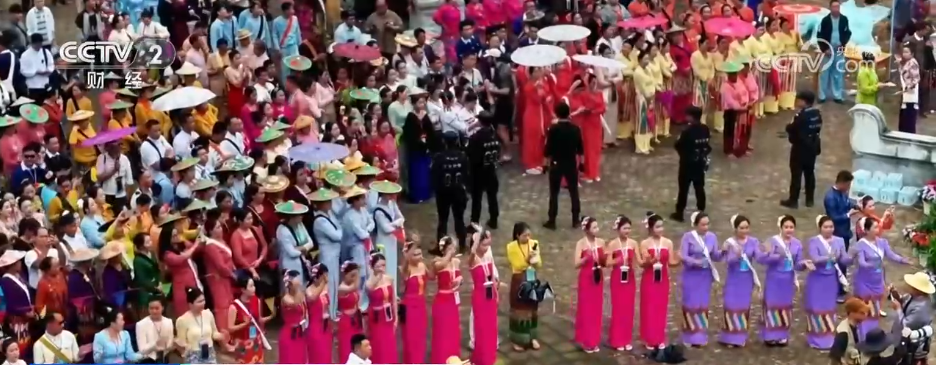
During the Water Splashing Festival, water splashed and drums and music sounded, tourists from Thailand, Laos, Myanmar and other countries splashed water and gave blessings to each other, participated in the water lantern prayer ceremony, and integrated into the cheerful elephant feet drumming and traditional Dai songs and dances. Special activities such as ten thousand people splashing water and intangible cultural heritage exhibitions have become an important window for ASEAN tourists to "immerse" to experience national culture. According to statistics from Mohan Border Inspection Station, the peak inbound in a single day during the Water Splashing Festival reached 9,300 people, a record high.
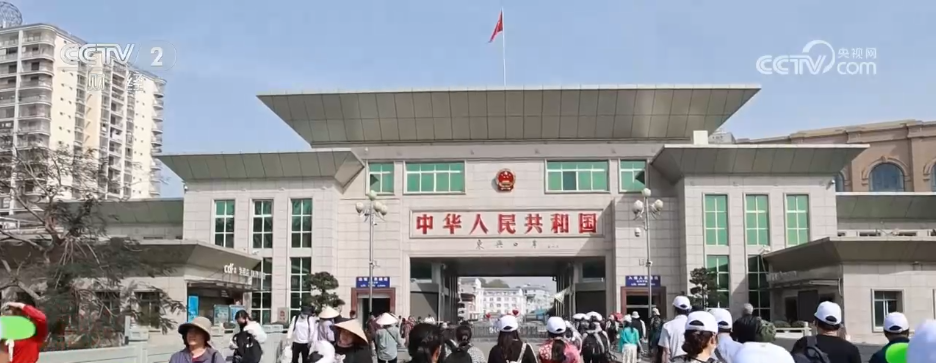
Short-distance cross-border tours are also popular in Guangxi. At Dongxing Port, the largest land port in China to Vietnam, a large number of passengers are waiting for customs clearance starting from 8 a.m. every day. According to statistics from the Dongxing Border Inspection Station, in the first quarter, there were more than 2.11 million people entering and leaving the Dongxing Port, including more than 2,700 Vietnamese tourist groups.


